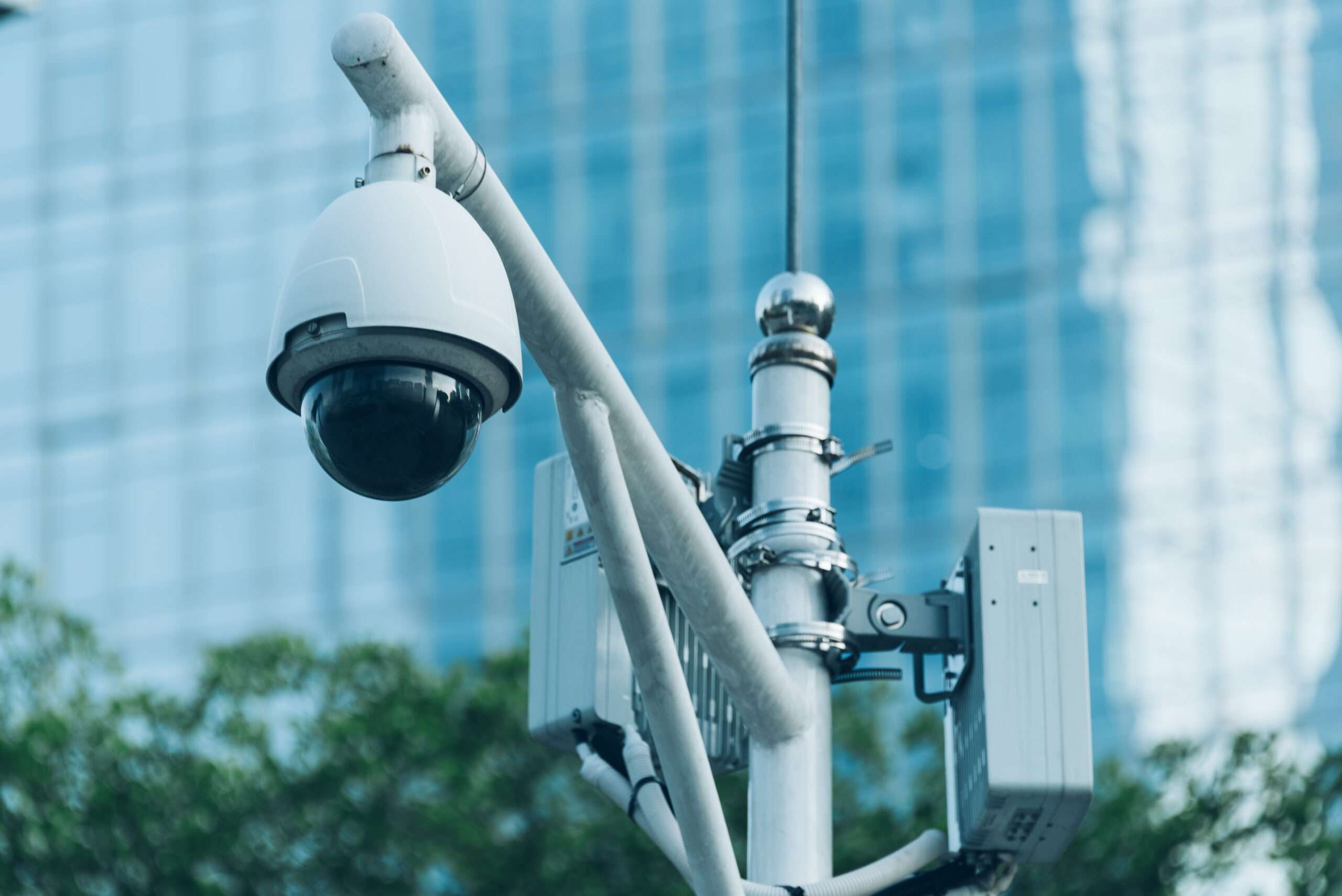By CIPESA Writer |
The Collaboration on International ICT Police for East and Southern Africa (CIPESA) welcomes the resolution by the African Commission on Human and Peoples’ Rights, which urges African governments to cease undertaking unlawful communications surveillance.
The resolution is timely, as it comes amidst an unprecedented spike in the scale and nature of state surveillance that is often unlawful, excessive, and inadequately supervised by oversight bodies. As CIPESA research has found, the expansion in state surveillance in various African countries is denying citizens their rights to freedom of expression, association and assembly, and undermining their participation in democratic processes.
The Resolution on the deployment of mass and unlawful targeted communication surveillance and its impact on human rights in Africa, adopted last November at the Commission’s 77th Ordinary Session held in Arusha, Tanzania, expresses concern about the unrestrained acquisition of communication surveillance technologies by states without adequate regulation. It also notes the lack of adequate national frameworks on privacy, communication surveillance, and personal data protection.
Furthermore, the resolution notes the Commission’s concern about the disproportionate targeting of journalists, human rights defenders, civil society organisations, whistleblowers and opposition political activists by state surveillance.
CIPESA welcomes the resolution, which reflects the findings of our research and the recommendations we have variously made to African governments regarding the conduct of state surveillance. CIPESA has previously called upon stakeholders, including governments, to take all measures that buttress the right to privacy in order to guarantee and enhance free expression, access to information, freedom of association, and freedom of assembly in accordance with international human rights standards.
Notably, the African Commission resolution urges African countries to ensure that all restrictions on privacy and other fundamental freedoms are necessary and proportionate, and in line with international human rights law and standards. It also urges states to consider safeguards such as the requirement for prior authorisation of surveillance by an independent and impartial judicial authority and the need for effective monitoring and regular review by independent oversight mechanisms.
According to CIPESA’s Legal Officer Edrine Wanyama, “The resolution is a step forward to buttressing data rights and privacy on the continent. States should take advantage of the resolution and overhaul regressive surveillance practices while embracing all internationally recognised efforts and standards for strengthening the right to privacy.”
According to the Declaration of Principles on Freedom of Expression and Access to Information in Africa, states should only engage in targeted surveillance in conformity with international human rights law (principle 41), and every individual shall have legal recourse to effective remedies in relation to the violation of their privacy and the unlawful processing of their personal information (principle 42 (7)). In addition, principle 20 requires states to guarantee the safety of journalists and other media practitioners by taking measures that prevent threats and unlawful surveillance.
See related CIPESA resources: Privacy Imperilled: Analysis of Surveillance, Encryption and Data Localisation Laws in Africa; Effects of State Surveillance on Democratic Participation in Africa; Compelled Service Provider Assistance for State Surveillance in Africa: Challenges and Policy Options; Mapping and Analysis of Privacy Laws in Africa.

